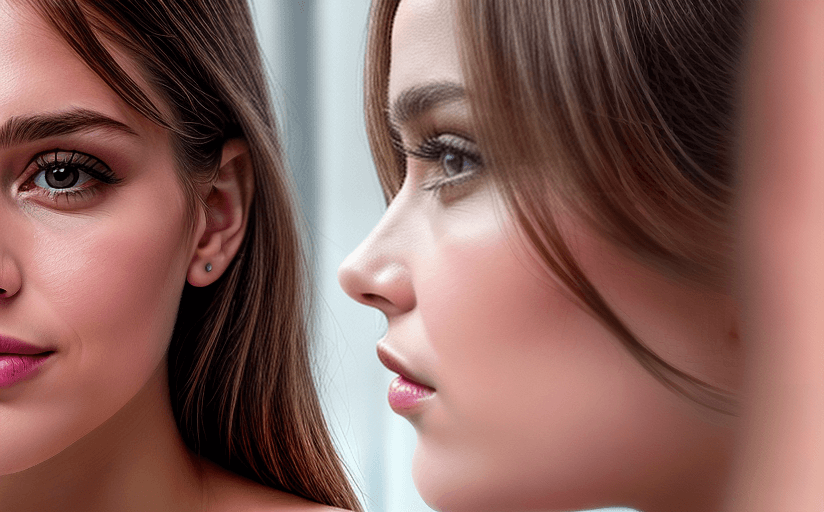Exploring How Societal Beauty Standards Can Affect Mental Health
The idea of beauty has been around since ancient times, and its influence on society has only grown with the rise of media and advertising. This has resulted in a skewed perception of what beauty is, and how it is used to judge people, particularly women. This can have a profoundly negative effect on individuals’ mental health, as it can lead to low self-esteem, depression, eating disorders, and other issues. In this article, we will explore how societal beauty standards can affect the mental health of individuals, and what can be done to address the issue.
How Media and Advertising Images Impact Self-Esteem and Body Image
Media and advertising can have a powerful impact on the way people perceive themselves and their bodies. The images we are bombarded with on a daily basis can be damaging to our self-esteem and body image, as they often portray a narrow definition of beauty that is not representative of the diverse range of body types, skin tones, and facial features in the world. This can be especially true for women, who are often presented as being thin, white, and flawless in the media.
The unrealistic expectations created by these images can lead to feelings of inadequacy and low self-worth. This can in turn lead to mental health issues such as depression, anxiety, and eating disorders. Those affected may also develop unhealthy coping mechanisms such as self-harm and substance abuse.
Addressing the Issue
In order to address the issue of unrealistic beauty standards, it is important that we recognize the power of media and advertising, and how it can influence our perceptions of beauty. Societal, medical, and governmental organizations can all play a role in promoting awareness and positive mental health. This can include providing resources and support for those affected by mental health issues, as well as creating campaigns to challenge unrealistic beauty standards in the media.
It is also important to remember that beauty comes in many forms, and that everyone is beautiful in their own way. We should strive to celebrate diversity and promote body positivity, and to remind each other that beauty is not about the size, shape, or color of our bodies, but about how we feel and how we act.
Conclusion
Societal beauty standards have a significant impact on individuals’ mental health, particularly for women. Media and advertising images can create unrealistic expectations and lead to feelings of inadequacy, which can result in mental health issues such as depression and eating disorders. It is important to recognize the power of media and advertising, and to work together to challenge unrealistic beauty standards and promote positive mental health. By doing so, we can create a more accepting and inclusive environment for everyone.


















Comments
Leave a Comment